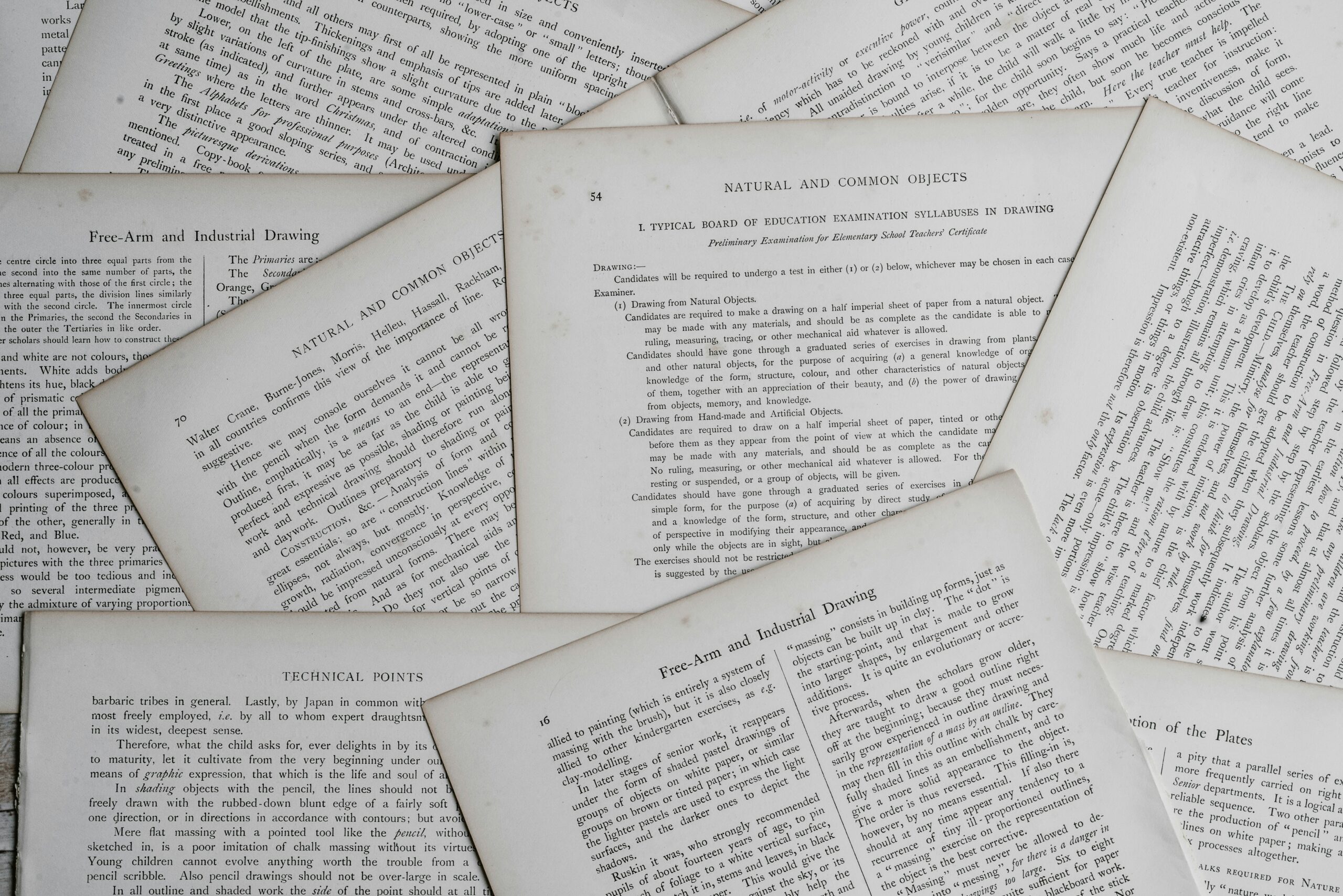When dealing with cross-border legal matters in Korea, whether for immigration, business registration, or litigation, document authentication becomes essential. Foreigners in Korea are often required to submit authenticated documents from their home countries, and this usually means obtaining either an apostille or legalization, depending on the countries involved.
While both processes serve the same purpose, to verify the legitimacy of documents for international use, they apply under different legal frameworks. As English speaking lawyers in Korea providing legal assisteance to foreigners, we have prepared this guide to help you understand the difference between apostille and legalization, and how each applies in the Korean legal context.
What Is an Apostille?
An apostille is a simplified form of document authentication recognized by countries that are parties to the Hague Apostille Convention of 1961. It certifies the origin and legitimacy of public documents such as birth certificates, marriage certificates, court decisions, or criminal background checks for use in other member states.
For example, if a U.S national needs to submit a document issued in the States to Korea, both of which are members of the Hague Apostille Convention, they would need to obtain an apostille from the relevant U.S. authority (e.g., the Secretary of State for state documents or the U.S. Department of State for federal documents). Once the apostille is attached, the documents will be accepted by Korean authorities as legally valid.
It’s important to check whether both the issuing country and the receiving country (Korea) are members of the Hague Convention. If either country is not, then the legalization process is required instead.
What Is Legalization?
Legalization is the traditional method of document authentication for use in countries not party to the Hague Convention. It involves a two-step process:
- Authentication by the appropriate government agency in the country where the document was issued.
- Legalization by the embassy or consulate of the country where the document will be submitted.
For example, if a Vietnamese national needs to submit a document issued in Vietnam to Korean authorities, the document must first be authenticated by Vietnam’s Ministry of Foreign Affairs and then legalized at the Embassy or Consulate General of Korea in Vietnam, since Vietnam is not a party to the Hague Apostille Convention.
As mentioned above, legalization is generally more time-consuming and involves more procedural steps than the apostille process.
Key Takeaways
While apostille and legalization both aim to ensure that documents are accepted internationally, choosing the right method depends entirely on the countries involved. Failing to use the correct process can result in processing delays, rejections by Korean authorities, or even loss of legal opportunities.
If you are unsure whether to apostille or legalize your documents, it’s highly advisable to consult an English speaking law firm in Korea with expertise in international matters.
________________________________________
Need Help?
At Kang & Shin, we assist individuals, foreigners, and businesses with a wide range of legal matters in Korea. Our bilingual legal professionals bring years of international experience to ensure your case is handled with precision and care.
Contact us today to schedule a consultation and get the legal support you need.


